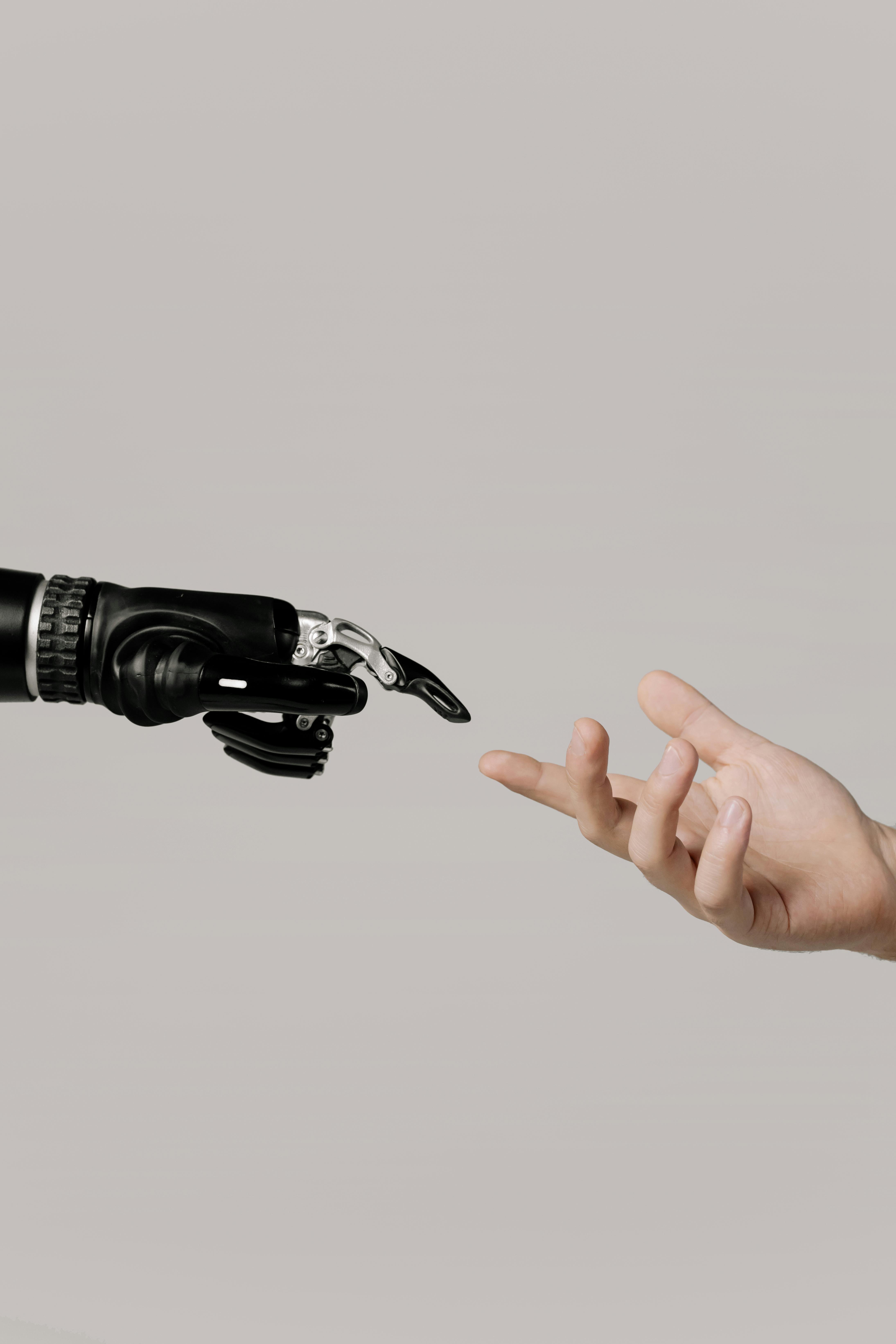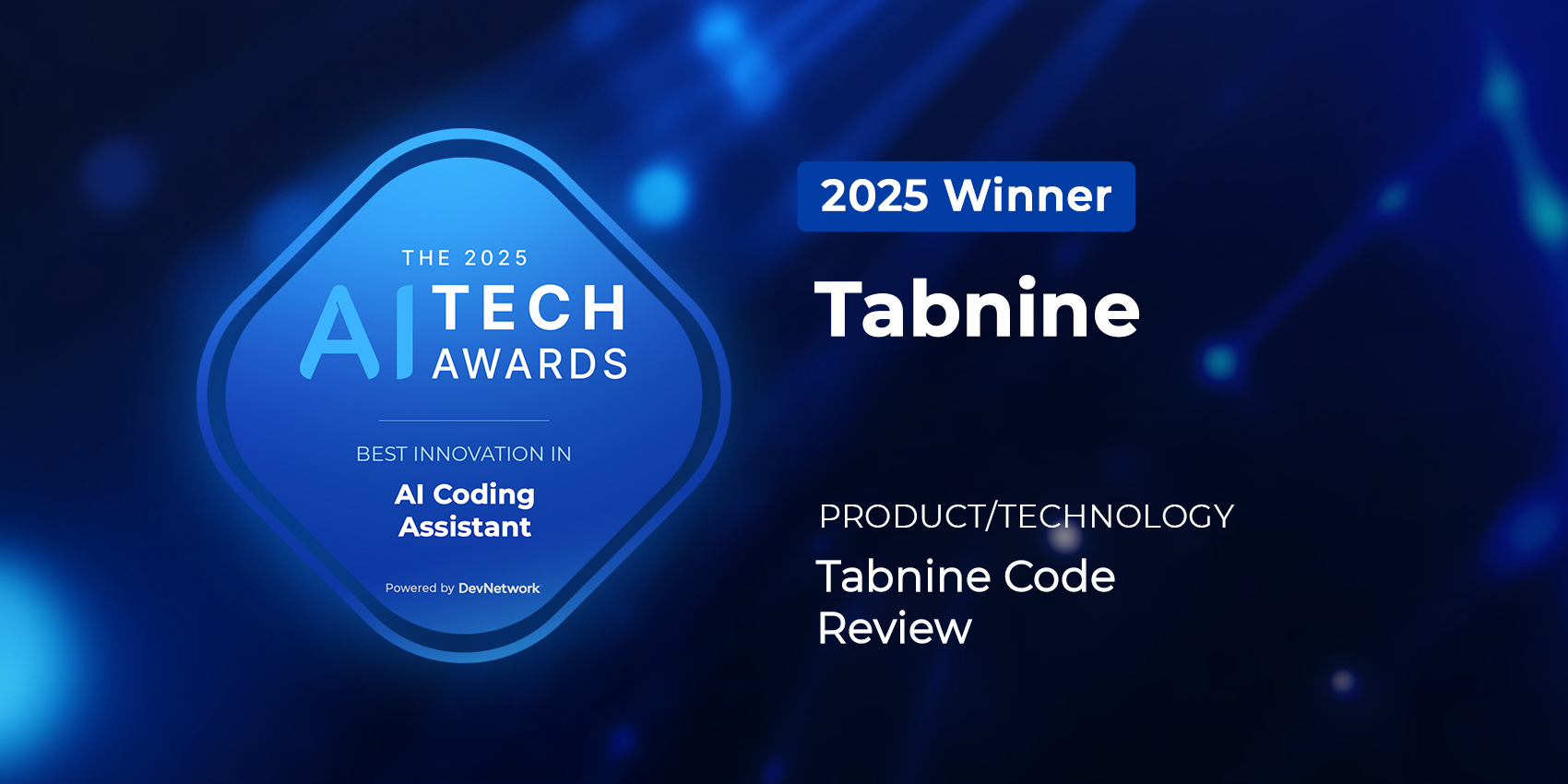Top 5 AI Code Assistants Revolutionizing Programming in 2025
Explore the top AI code assistants transforming software development in 2025, enhancing productivity and redefining coding practices.

By SeeTrendingNow Team
Top 5 AI Code Assistants Revolutionizing Programming in 2025
Discover how AI code assistants are reshaping the programming landscape in 2025, offering unprecedented productivity and innovation.
Introduction
The realm of software development is undergoing a seismic shift in 2025, propelled by the rapid advancement of AI code assistants. These intelligent tools are not just augmenting the capabilities of seasoned developers but are also democratizing coding for novices. By automating routine tasks, offering intelligent suggestions, and facilitating rapid prototyping, AI code assistants are becoming indispensable in the modern developer's toolkit.
Failed to load tweet. View on Twitter:
https://twitter.com/x/status/1900580820621947081In this article, we delve into the top five AI code assistants that are making waves in 2025, examining their unique features, integrations, and the value they bring to the development process.
1. GitHub Copilot X
GitHub Copilot X, developed by GitHub in collaboration with OpenAI, stands at the forefront of AI-assisted coding. Building upon its predecessor, Copilot X introduces enhanced capabilities that cater to a wide array of programming needs.
Failed to load tweet. View on Twitter:
https://twitter.com/x/status/1895579847541358893Key Features:
- Contextual Code Suggestions: Offers real-time code completions based on the current context, significantly reducing boilerplate.
- Multi-language Support: Supports numerous programming languages, including Python, JavaScript, and Go.
- Seamless IDE Integration: Available for Visual Studio Code, JetBrains IDEs, and Neovim.
- Enhanced Security: Includes safeguards to minimize insecure code suggestions.
Impact on Development:
GitHub’s research shows developers who use Copilot complete tasks up to 55% faster compared to those who code without AI assistance.
2. Amazon Q Developer
Amazon Q Developer is AWS's next-generation AI-powered development assistant, incorporating and expanding upon the features previously offered by Amazon CodeWhisperer.
Key Features:
- Generative Code Suggestions: Real-time code completions and intelligent suggestions across multiple languages.
- Deep AWS Integration: Built-in guidance for AWS service usage, deployment, and infrastructure as code.
- Security Scanning: Automatic detection and remediation recommendations for vulnerabilities.
- Lifecycle Assistance: Supports developers throughout the full software lifecycle, including documentation generation, test case creation, and code reviews.
Impact on Development:
Amazon reports that Amazon Q Developer enhances cloud and application development workflows significantly by automating repetitive tasks and improving code security.
3. Replit Agent v2
Replit Agent v2 is the evolution of Replit's earlier Ghostwriter assistant. It introduces more autonomous capabilities, enabling developers to describe entire apps in natural language and have Replit generate, structure, and deploy working code.
Key Features:
- Natural Language to App: Describe what you want to build, and Agent v2 will create the code and layout.
- Real-Time UI Preview: Visual updates as code is written — ideal for frontend projects.
- Autonomous Editing: Agent forms hypotheses, searches for relevant files, and edits intelligently without user micromanagement.
- Collaborative in the Browser: Fully integrated into Replit’s multiplayer coding environment.
Impact on Development:
Replit reports that Agent v2 helps developers prototype applications up to 40% faster and significantly reduces boilerplate work, especially for UI-heavy or beginner-facing projects.
5. Windsurf (formerly Codeium)
Windsurf, previously known as Codeium, has introduced significant enhancements in 2025, solidifying its position in the AI coding assistant landscape.
Key Features:
- Advanced AI Models: Incorporates GPT-4.1 and Claude 3.7 Sonnet for superior code suggestions.
- Broad IDE Support: Seamless integration with VS Code, JetBrains, Eclipse, and more.
- Enhanced Privacy: Offers self-hosting options and adheres to strict data privacy standards.
- Simplified Pricing: New prompt credit system replacing the previous Flow Action Credits model.
Impact on Development:
Windsurf's updates have led to improved code generation accuracy and developer productivity, making it a preferred choice for many development teams.
5. Tabnine
Tabnine is known for its focus on privacy through on-device AI models, ideal for teams working with sensitive code.
Key Features:
- On-device AI Models: Keeps code secure by processing data locally.
- Broad Language Support: Covers Rust, Kotlin, Swift, and many others.
- Team Training: Customizes suggestions based on internal codebases.
Impact on Development:
Tabnine users appreciate the privacy-first approach without sacrificing suggestion quality.
Embracing AI code assistants is no longer optional; it's a strategic move to stay competitive in the rapidly evolving tech landscape.
Comparative Analysis: Which AI Code Assistant Fits Your Needs?
Choosing the right AI code assistant depends on your specific requirements. Let's break down how these tools compare:
| Feature | GitHub Copilot X | Amazon Q Developer | Replit Agent v2 | Windsurf (formerly Codeium) | Tabnine |
|---|---|---|---|---|---|
| IDE Integration | Extensive | AWS and IDEs | Browser-based, Replit IDE | Broad IDE support including VS Code, JetBrains, Eclipse | Broad |
| Privacy | Good | Strong (AWS secure environment) | Moderate | High (self-hosting, strict data policies) | Excellent (on-device) |
| Best For | General-purpose devs | AWS and cloud-focused devs | Rapid prototyping, beginners | Teams requiring robust AI assistance and privacy | Privacy-conscious teams |
| Pricing | Subscription-based | Free basic tier, paid enterprise plans | Paid plans | Free tier with prompt credits, paid plans available | Freemium |
Key Takeaway:
Privacy-focused teams might prefer Tabnine or Windsurf, while general-purpose developers benefit from Copilot X, and educators or prototypers might lean toward Replit Agent v2.
The Rise of Context-Aware AI Assistants
AI code assistants in 2025 are no longer static suggestion engines; they are contextually aware, deeply integrated development partners.
A major breakthrough in 2025 has been the shift from basic auto-completion to deep contextual understanding. Modern AI models:
- Analyze whole projects, not just single files
- Understand variable scopes, imports, and dependencies
- Suggest refactoring, architectural improvements, and design patterns
- Auto-generate documentation, unit tests, and even commit messages
For example, GitHub Copilot X’s Smart Pull Requests can now automatically generate summaries based on diffs and commit history — drastically reducing manual work during code reviews.
Why does this matter?
Developers now save 40–45% more time during review and documentation stages compared to 2023 benchmarks.
Challenges and Ethical Considerations
While AI code assistants bring enormous benefits, several challenges persist:
1. Intellectual Property Risks
There are open legal questions about ownership of AI-generated code. Some platforms, like GitHub and Amazon, now offer indemnity clauses for business users — but caution is still advised.
If AI writes your code, who owns it? You or the AI vendor?
2. Bias and Vulnerabilities
Models trained on public codebases can unknowingly reproduce flawed patterns or insecure practices.
Actionable Tip:
Always validate AI suggestions, especially when building security-critical applications.
3. Skill Atrophy Risk
Over-reliance on AI tools can cause newer developers to miss out on foundational learning.
Pro Tip:
Use AI as a mentor, not a crutch. Review every AI-suggested line critically to stay sharp.
Future Trends: What's Next for AI in Programming?
The journey of AI in software development is only accelerating. Watch for these trends:
-
Autonomous Refactoring:
AI assistants proposing structural project improvements automatically. -
Conversational Pair Programming:
Chat-driven, interactive design discussions with your AI assistant. -
Full-Stack Automation:
CI/CD pipelines, infrastructure provisioning, and even serverless deployments automated end-to-end. -
Ethical AI Auditing:
Third-party verification tools ensuring AI outputs meet security, fairness, and quality benchmarks. -
Deeper Personalization:
AI assistants trained specifically on your project history, tech stack, and coding style.
Frequently Asked Questions (FAQ)
Are AI Code Assistants replacing human developers?
No. AI assistants boost efficiency and productivity, but human expertise, judgment, and creativity remain essential for real-world software development.
Is it safe to use AI-generated code in production?
Generally, yes — but always verify, test, and audit code for quality and security. Don't deploy blindly based on AI suggestions.
Can beginners benefit from using AI code assistants?
Absolutely! Beginners can learn coding best practices faster — provided they review and understand AI recommendations critically.
Which AI code assistant is best for startups?
GitHub Copilot X and Windsurf are excellent choices for startups seeking flexibility, while AWS-focused teams should prioritize Amazon Q Developer.
Checklist: Choosing the Right AI Code Assistant for Your Team
Before committing to an AI code assistant, ask yourself:
- ✅ Language Support: Does it cover your stack?
- ✅ Security: Is sensitive code handled appropriately?
- ✅ Ease of Integration: Will it fit into your current workflow?
- ✅ Customization Options: Can you fine-tune it for your environment?
- ✅ Cost vs. Value: Is it budget-friendly for your needs?
- ✅ Community and Updates: Is the tool actively supported and updated?
Conclusion: Embrace the AI Era
Coding in 2025 isn't about writing every line yourself — it's about building smarter, faster, and collaboratively with AI.
Whether you're a student, indie hacker, or enterprise developer, embracing AI code assistants is essential for staying competitive.
Your next breakthrough project could be just a few AI-assisted keystrokes away.
Final Thoughts
The future of programming is collaborative — humans and AI working side-by-side. The developers who succeed tomorrow will be those who adapt and leverage these tools thoughtfully, ethically, and creatively.
The best developers of tomorrow aren't just coders — they're skilled at collaborating with intelligent machines.
Don't just watch the future happen — help build it.
Meta Description: Explore the top AI code assistants transforming software development in 2025, boosting productivity and innovation for developers of all levels.






